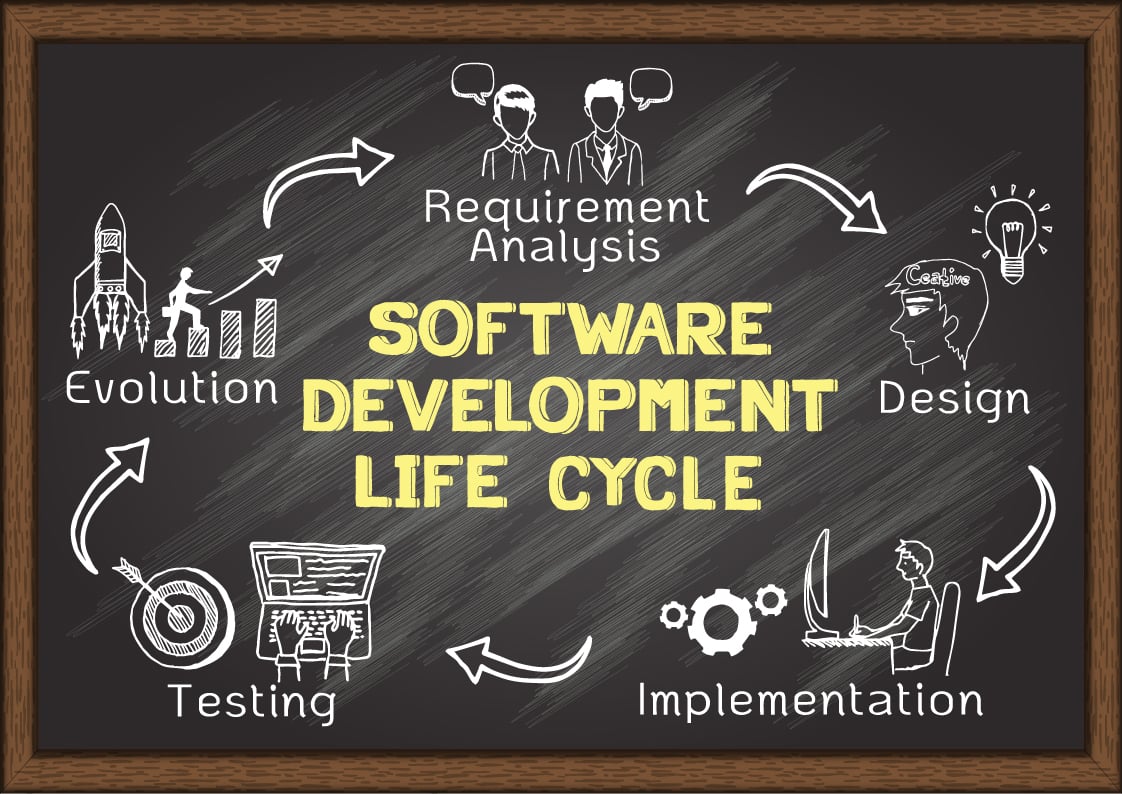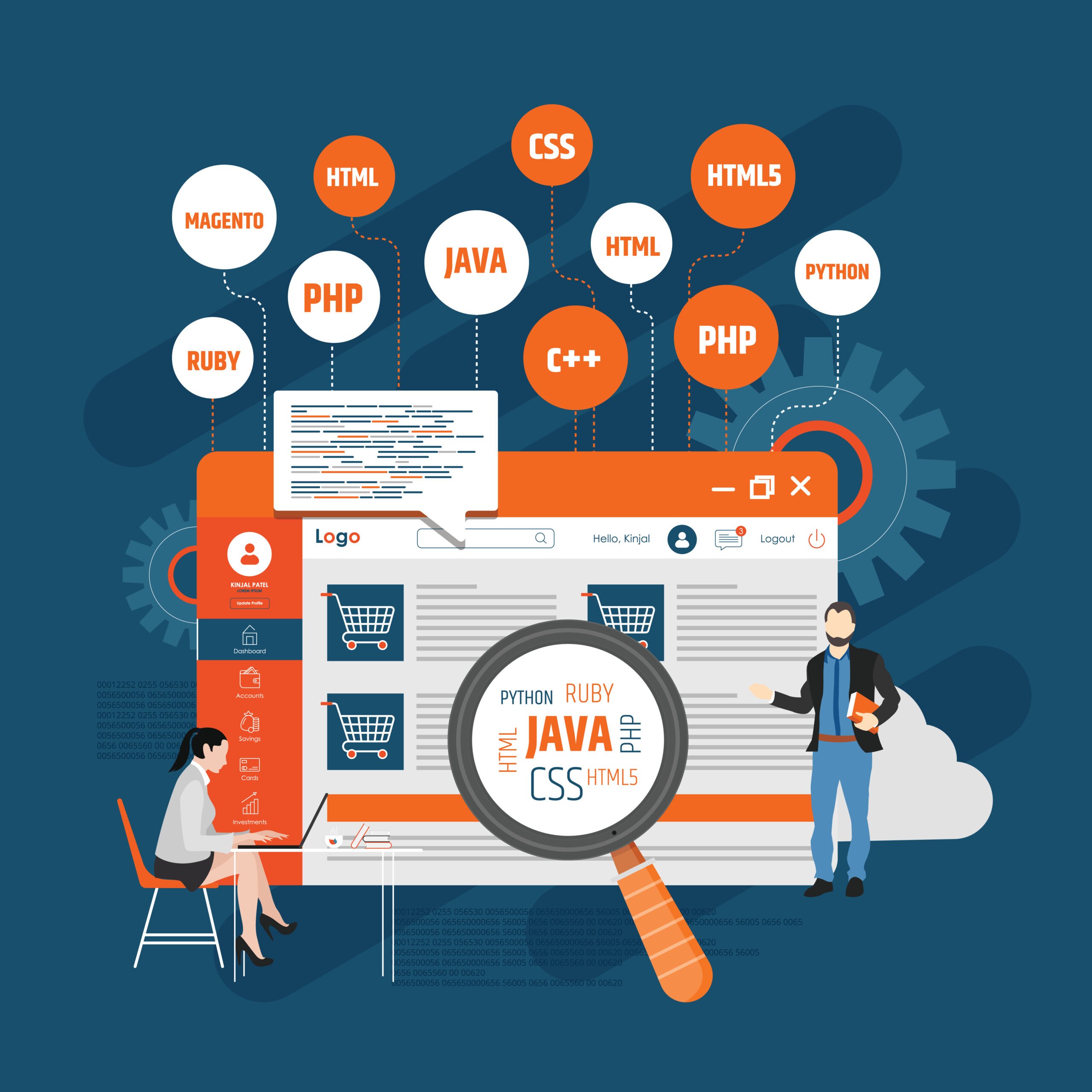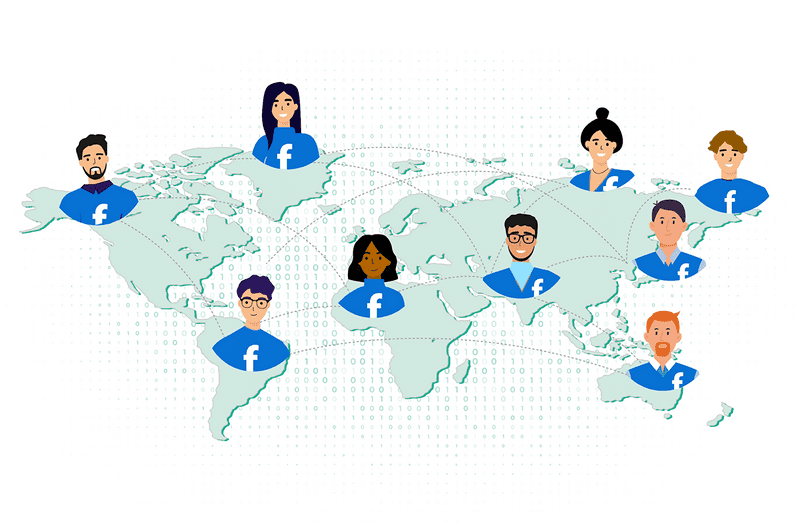Software development is a growing field that is expected to be even more critical in the future than it is today. According to the Global Developer Population and Demographic Study by Evans Data Corporation, the number of software developers worldwide is expected to grow to 27.7 million in 2023.
If you want to be a part of this growing workforce, your main question will most probably be; is software development hard to learn? Is being a software developer hard? In all transparency, software development is not easy to break into. But with the right tools, resources, and of course, a lot of hard work, it is achievable.
This article will take you through the basics of software development and give you some resources that can help you get started in this exciting and rewarding career.
What Is Software Development?

Before getting into the nitty-gritty of software development, it helps to first pinpoint what software development actually entails.
In a nutshell, software developers are responsible for creating and maintaining computer programs. They use their knowledge of programming languages and develop applications for various business needs.
Software development is vital because it impacts almost every industry and has become an integral part of businesses across different verticals (read our guide on how to become a software engineer here).
For example, mobile apps are developed to let users check their bank accounts, read the news, play games, book flights, order takeout, and do so much more.


Become a Software Engineer. Land a Job or Your Money Back.
Code in the industry's most widely used programming languages. Test your knowledge through job-ready projects. Work 1:1 with an industry mentor. Land a job — or your money back.
What Makes Software Development Hard To Learn?
While it’s undoubtedly a promising career, the vastness and complexity of software development can make it hard to learn.
Software development is a field that requires its practitioners to have a good understanding of multiple programming languages, operating systems, database systems, and more.
Software developers also need to think critically and solve problems. They must work with teams, understand algorithms and data structures, collaborate effectively, and communicate well with other stakeholders.
Therefore, if you are looking to pursue a career in software development, be prepared for a steep learning curve and plenty of hard work. Here are some reasons software development is hard to learn:
- The industry is young. The software industry is still in its infancy, which means there aren’t too many set standards or guidelines for everyone to follow. This can make it challenging to navigate and understand the various aspects of software development.
- Coding is complicated. Every line of code can have multiple outputs and dependencies that you have to test and deal with. This means a single line can make you fail the entire project.
- A lack of resources. There are very few resources available to help beginners learn how to code. Most of these resources are usually made by individual software developers or companies that have evolved, which means there’s a lot of outdated information floating around the web.
- Other external factors. Certain external factors, such as integration with other tools, legacy data formats, scalability, and government regulations, can all impact software. Software developers must comply with these factors and account for them in their work. This means a lot of extra work that novice developers may not be aware of or prepared for.
How Long Does It Take To Learn Software Development?

If you want to take the college route, you can enroll in a four-year bachelor’s program to learn everything from scratch. But if you have some degree of UX design knowledge or background in software development, you can take a six-month course to learn a specific programming language.
Related: 14 Best Software Development Certifications
It is important to note, though, that there is no one-size-fits-all answer to this question. It largely depends on your prior knowledge and experience in the field and how dedicated you are to learning new things.
How To Get Started With Software Development
How hard is software development? Is it impossible to get into the field if you don’t have a college degree in software development? Fortunately, you can learn software development without a college degree.
One of the best ways to learn software development is by self-learning. There are plenty of online resources that can help you get started. You can also find online communities and forums where you can get help from other developers.
Complete a Course
Software engineering isn’t hard and you can pick up a lot of skills online for free, but there are a few core concepts you need to know if you want to pursue a career in software development. You can complete a software engineering career prep course to pick up all of the basics you need in just 4-6 weeks.
Build Your Foundation
Software development can be divided into different stages, which are as follows:
- Requirements gathering
- Design
- Implementation
- Testing
- Deployment/Maintenance
Depending on the specific project, some of these stages may be skipped or combined. But in general, this is the typical software development life cycle. You should familiarize yourself with these stages.
When you’re just starting, you don’t have to work on world-changing projects that will impact the lives of millions of people. Instead, it’s better to focus on something you are passionate about, such as a personal project or something for your own business.
This will help you build a strong foundation and better understand the basics of software development.
Moreover, go through the resumes of software engineers and list the skills you need to excel at. Doing so will also let you know what to focus on while self-learning.
It’s crucial to get hands-on experience in your software development career as early as possible. Internships and apprenticeships are a great way to do this. You can also look for open-source projects that you can contribute to.
Once you understand the different stages involved in software development, you can then start learning specific programming languages and tools.
Get To Know Other Software Engineering Students
Alyssa Menes
Software Engineer at Progyny
Rafael Alvarado
IT Support Engineer at Amazon
Kristy Chu
Software Engineer at FloQast
Use Free Resources
Although paid courses typically have a wealth of information, you can also kickstart your software development learning journey with free resources on online platforms. Some good places are GitHub, development-focused subreddits, online forums, YouTube videos, and ebooks.
For instance, Software For Data Analysis: Programming With R is a free ebook that’s perfect for people who want to use R as their primary programming language.
Or you could check out Derek Banas, who runs a great software development-focused YouTube channel where you can find tutorials on Java, JavaScript, Ruby, MySQL, PHP, and software development for Android.
Take a Course

A course in software development will go into the basics of the different stages involved in building software. A good course should also cover coding and include practice projects.
The best things about taking a course are that you:
- Can ask whatever questions you have
- Can get help from pros working in tech companies
- Don’t need to pay for expensive equipment
- Don’t need to spend time working on your own projects.
- Should have help finding the best job opportunities
- Can learn from other students in your class
Springboard’s Software Engineering Bootcamp is a great place to learn from the world’s leading coding instructors and have one-on-one collaboration with your mentors.
Ask for Help
If you don’t understand a specific concept or are having trouble taking on a new programming language, you shouldn’t hesitate to ask for help. There are plenty of people in the tech industry who are more than happy to help out a fellow developer.
For example, Stack Overflow is a Q&A website for developers where you can ask any question about computer systems, app development, different modules, machine learning, and more.
Some online communities and forums are specific to particular programming languages or tools. These are great places to connect with fellow developers and ask questions.
You can also visit local events, conferences, or developer meetups in your area, where you can get information from professionals and other people who are interested in software development.
Check out the upcoming software development conferences in 2022 here.
Conferences and events are also great places to network with industry professionals. Attend job fairs and meet with potential employers to see if they’re hiring.
The last thing you want to do is get stuck on a problem. If you feel like you’re struggling, find someone who can help you out. With the right resources, you can make great strides in your software development career.
How To Get Better at Software Development?
Here are some ways to get better at software development.
Get a Mentor

The nature of software development is such that you can never stop learning. This means that you need to constantly seek out new ways to improve your skills.
One way to do this is to find a mentor. A mentor can help guide you in the right direction and give you advice on how to improve your skills.
You can find a mentor through online communities or by attending events and meetups in your area.
Build a Portfolio
Your portfolio will showcase the projects you have worked on to potential employers. You can start building your portfolio by contributing to open-source projects.
You should also consider joining a hackathon, where you can meet fellow developers and work on interesting problems. This will help you learn new technologies, improve your coding skills, and build a community of like-minded devs around you.
Take a look at some impressive software developer portfolios in this article.
Pick a Language To Focus On

Instead of trying to learn everything at once, focus on one programming language and become an expert in it. Once you have a strong foundation in one language, you can then move on to learning other languages.
This way, you’ll be able to apply the concepts you learn in one language to the next language you learn. For instance, if you want to start with an easy programming language, give Python a shot.
Work on a Side Project
Your first real-world project shouldn’t be something you’re required to do at your first place of employment. Instead, you should take on a side project, such as a personal blog or a software tool. This will help you learn new technologies and make a name for yourself as a developer.
In addition to this, working on a side project can also be fun and help you build your confidence as a developer. You may even end up with something that is useful to people around the world.
Focus on Your Soft Skills
You should also improve your soft skills, such as your communication skills and your ability to work well with others.
You’ll be able to quickly learn technical skills by attending training courses, but it’s much harder to develop soft skills independently. This is because you need to work with people to improve these skills.
Some essential soft skills for software developers are communication, teamwork, and listening skills.
About Software Development as a Career
Before you get into software development, you should know the following.
What Are the Requirements To Get Into Software Development?
The basic requirements for getting into software development are:
- A high school diploma or equivalent (some companies prefer a bachelor’s degree in software development)
- Some experience in coding, programming, or software development
- Passion for technology and software development
Is Software Development a Good Career?
Yes, software development is a good career, since the Bureau of Labor Statistics predicts that the demand for software developers will grow 22% from 2020 to 2030.
If you pick up the career today, your skills will still be in demand a few years down the line.
Does Software Development Pay Well?

Software developers in the US make an average salary of 97,763 per year. Those working at higher positions earn up to $140,000. Your salary depends on your experience, location, and education, among other factors.
You’ll need to work hard to land your dream job as a software developer. But if you have the skills for it, there are plenty of opportunities available in the field.
What’s the Difference Between Software Development and Software Engineering?
There are a few things that different software developers from software engineers. Software developers primarily work on their own, while software engineers work with teams.
Moreover, software developers use existing tools to create software, while software engineers design and create these tools. Finally, software engineering is a more specialized field than software development.
Is software development hard? By now, we have established that the field is hard to get into. But if you take an online course, learn how to code, and focus on your soft skills, you’ll be well on your way to a successful career in software development.
It definitely takes work to become a successful developer, but it’s doable with the right tools and skills. Once you have those down, you can focus on learning additional languages and pave out a handsomely paying career path for yourself.
Since you’re here…
Were you one of the tens of thousands of workers impacted by this year’s tech layoffs? Springboard wants to help. Our new Career Reboot Scholarship is intended to assist job seekers from tech looking to upskill, reskill and stand out in a competitive hiring environment. Get $1,000 off any Springboard bootcamp in software engineering, data analytics, UX design, cybersecurity, tech sales, and more. Visit this page for eligibility requirements and to apply.





![Awesome Software Engineering Resumes [+ Tips & Templates]](https://www.springboard.com/blog/wp-content/uploads/2021/05/shutterstock_579082669-scaled-380x235.jpg)
